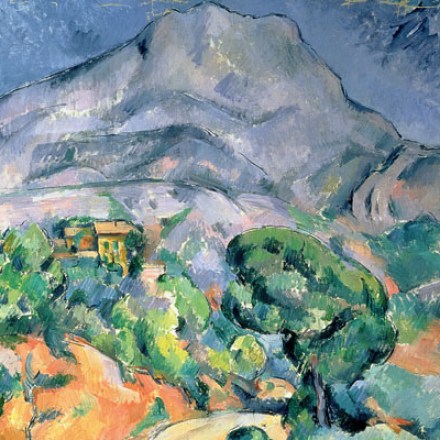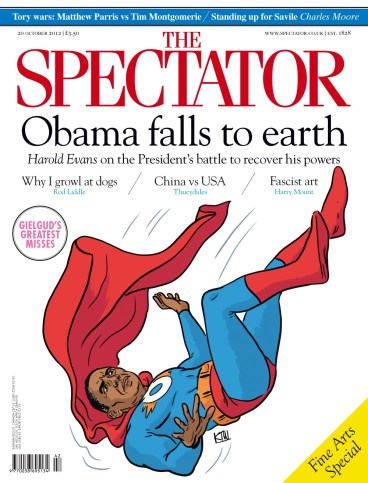The sage of Aix
Like Mont St-Victoire itself, looming over the country to the north of Aix-en-Provence — seen unexpectedly, then just as suddenly hidden, now clear-cut against the sky, at other times a presence in the corner of the eye— the work of Paul Cézanne has been a landmark in the art of the century and more since








